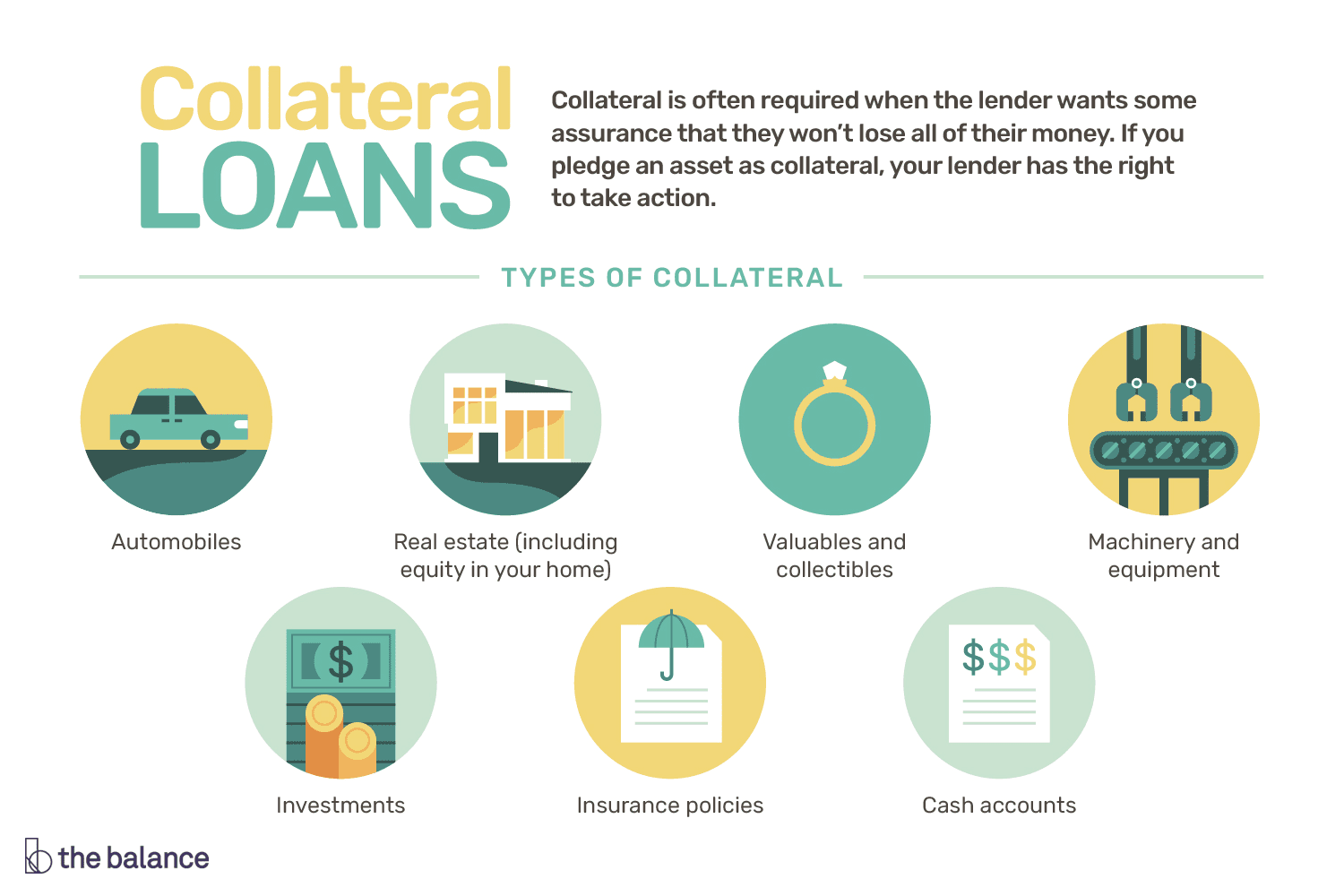can i use my car as collateral for a loan
What can be used as collateral for a personal loan?

Many individuals often wonder what they can use as collateral when applying for a personal loan. Here are some frequently asked questions about collateral for personal loans:
- What is collateral?
- Why do lenders require collateral?
- What can I use as collateral for a personal loan?
- Real estate properties (such as homes or land)
- Automobiles and other vehicles
- Savings accounts or certificates of deposit
- Investment accounts
- Jewelry or valuable assets
- Can I use my house as collateral for a personal loan?
- Can I use my car as collateral for a personal loan?
- What happens if I default on a loan with collateral?
- Is it risky to use collateral for a personal loan?
- Are there any alternatives to using collateral for a personal loan?
- How does the value of the collateral affect my loan?
- Can I get a personal loan without any collateral?
- What happens if the value of my collateral depreciates?
- How can I protect my collateral?
Collateral refers to an asset or property that a borrower pledges to a lender as security for a loan. If the borrower fails to repay the loan, the lender can seize the collateral to recover their losses.
Lenders require collateral as a way to mitigate their risk. Collateral provides assurance to the lender that they can recoup their investment even if the borrower defaults.
In general, lenders accept various forms of collateral, including:
Yes, many lenders accept real estate properties, including houses, as collateral for personal loans. However, keep in mind that using your house as collateral means putting it at risk of foreclosure if you fail to repay the loan.
Yes, you can use your car as collateral for a personal loan. Lenders often accept vehicles as collateral, but they may require the car to be fully paid off and have a certain value.
If you default on a loan with collateral, the lender has the right to seize the collateral to recoup their losses. They may sell the collateral to satisfy the outstanding debt.
Using collateral for a personal loan carries some risk. If you fail to repay the loan, you could lose the collateral. It's important to carefully consider your ability to make timely payments before using collateral.
Yes, there are alternatives to using collateral. Unsecured personal loans do not require collateral but may have higher interest rates or stricter eligibility criteria.
The value of the collateral can influence the loan amount you can borrow. Lenders typically offer loans up to a certain percentage of the collateral's appraised value.
Yes, it's possible to get a personal loan without collateral. Many lenders offer unsecured personal loans based on creditworthiness, income, and other factors.
If the value of your collateral depreciates, it may affect your ability to borrow against it in the future. Lenders may adjust the loan terms or offer a lower loan amount based on the revised value.
To protect your collateral, ensure that you make timely loan payments. Falling behind on payments could put your collateral at risk of being seized by the lender.
When considering a personal loan that requires collateral, it's essential to understand the terms and consult with a financial expert to make informed decisions.
What collateral can be used to get a secured business loan?

Secured business loans often require collateral to secure the loan. Here are some commonly asked questions about collateral for secured business loans:
- What is a secured business loan?
- What can I use as collateral for a secured business loan?
- Commercial properties (such as office buildings or warehouses)
- Equipment or machinery
- Accounts receivable
- Inventory
- Business assets
- Can I use personal assets as collateral for a secured business loan?
- Do I have to provide collateral for a secured business loan?
- How does the value of the collateral affect my business loan?
- What happens if my business defaults on a secured loan?
- Are there any alternatives to using collateral for a business loan?
- Can I use a mix of personal and business assets as collateral?
- What steps can I take to protect my collateral?
A secured business loan is a loan that requires the business owner to provide collateral to secure the loan. If the business defaults on the loan, the lender can seize the collateral to recover their losses.
Lenders typically accept various forms of collateral for secured business loans, including:
In some cases, lenders may accept personal assets as collateral if the business owner has a significant stake in the business or the business is a sole proprietorship.
In most cases, lenders require collateral for secured business loans. Collateral provides a form of security for the lender and can improve the borrower's chances of loan approval and favorable terms.
The value of the collateral can impact the loan amount and terms offered by the lender. Higher-value collateral may result in a larger loan amount and potentially better loan terms.
If the business defaults on a secured loan, the lender has the right to seize the collateral and sell it to recover the outstanding debt. This could potentially lead to the closure of the business.
Yes, some lenders offer unsecured business loans that do not require collateral. These loans may have higher interest rates or stricter eligibility criteria.
In certain cases, lenders may accept a mix of personal and business assets as collateral, especially for small businesses or startups. It's essential to clarify the lender's requirements regarding collateral.
To protect your collateral, it's crucial to make timely loan payments and maintain proper insurance coverage for any assets used as collateral. Regularly reassess the value of your collateral and communicate with the lender.
When considering a secured business loan, consult with a financial advisor or loan expert to understand the risks and benefits associated with using collateral.